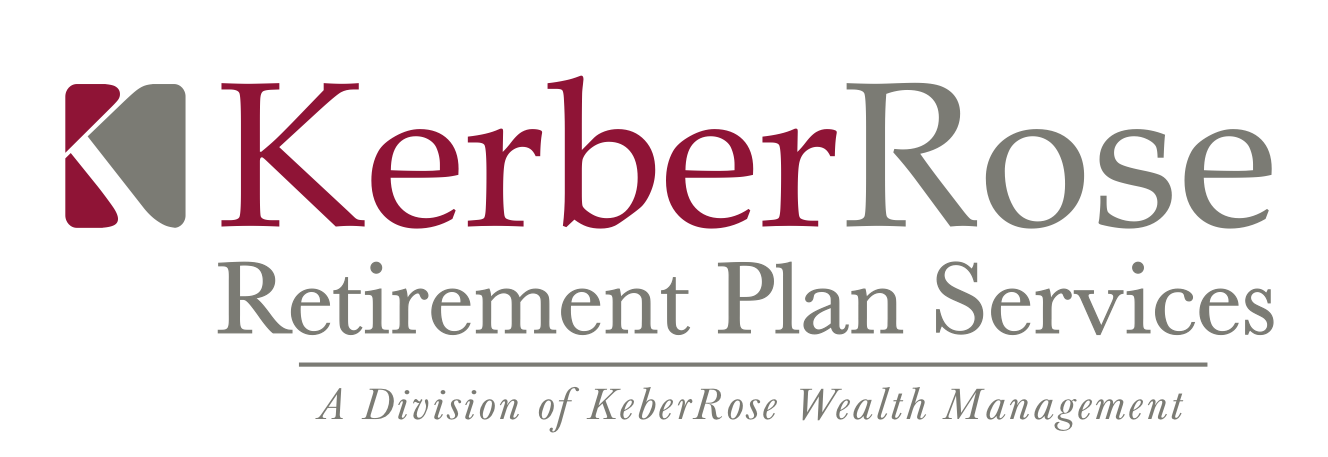Cashing Out on Tomorrow: When Personal and Market Economies Diverge
The past year has been one for the record books. As of January 2024, the total U.S. consumer debt reached a historic $17.33 trillion while credit card rates surged to unprecedented levels, topping more than 24%. An all-time-high number of American workers (3.6%) made hardship withdrawals from their 401(k)s in 2023, signaling escalating consumer distress within a persistent, near-record inflationary environment. Moreover, a 2023 study by Paycheck.org revealed nearly eight in 10 Americans are living paycheck to paycheck. As the Dow and S&P celebrated all-time highs, boosting participants’ account balances, more Americans are — as The Wall Street Journal aptly put it — “treating their 401(k)s like cash machines.” In doing so, they undermine the potential gains they could have realized and further imperil their financial future.
For plan sponsors, current market and economic conditions present a pressing imperative to educate participants on alternative strategies to help effectively manage debt and budgeting challenges — without jeopardizing retirement readiness. Here are a few suggestions plan sponsors have been taking to positively impact participants decision-making power:
Debt management workshops as part of a holistic financial wellness program, for example, can provide employees with practical strategies for managing debt. From prioritizing repayment of high-interest debt to understanding APRs and the impact of making minimum payments, structured learning experiences can offer actionable insights workers can use to reduce debt faster. These initiatives can be supported by targeted content campaigns via emails, videos, webinars, social media content, and company intranets to provide ongoing assistance and reminders about staying on track with debt management goals.
Interactive debt-payoff calculators: For more granular information, employers can provide access to interactive debt-payoff calculators which enable employees to input their own specific financial details and receive personalized debt repayment information — or better understand the impact of various debt-reduction strategies. Visualizing one’s path to debt freedom in a concrete and individualized way can be an incredibly powerful motivator and help employees make more informed financial decisions.
Emergency savings accounts (ESAs): Furthermore, some companies are beginning to offer employee-sponsored emergency savings accounts (ESAs) as an alternative method to pay for unanticipated expenses. This benefit can help employees avoid turning to high-interest credit cards during financial emergencies, while also potentially helping to sidestep retirement plan leakage.
Employers can provide invaluable assistance to those struggling to manage debt obligations, with an eye toward retaining — and building — their retirement nest egg. The unprecedented combination of economic pressures facing many employees today can easily lead to short-term thinking and reactive decision-making, compromising long-term financial health. By providing targeted resources and assistance, plan sponsors can play a crucial role in improving their employees’ financial resilience and retirement readiness — and help them live more happy and productive lives both within and outside of the workplace. As your Trusted Advisors, we are here to guide you every step of the way, ensuring your retirement plan and financial wellness initiatives work in harmony to support the overall well-being of your workforce. Contact us today to begin implementing these new strategies for greater employee morale.
Sources
Schulz, M. (2024, April 17). Average Credit Card Interest Rate in America Today. LendingTree. https://www.lendingtree.com/credit-cards/average-credit-card-interest-rate-in-america/
(2023, September 13). Survey Reveals Six Percent Increase in Americans Living Paycheck to Paycheck in Just One Year. PR Newswire. https://www.prnewswire.com/news-releases/survey-reveals-six-percent-increase-in-americans-living-paycheck-to-paycheck-in-just-one-year-301928853.html
(2024, March 8). January 2024 U.S. National Consumer Credit Trends Reports. Equifax. https://www.equifax.com/newsroom/all-news/-/story/january-2024-u-s-national-consumer-credit-trends-reports-1
Henney, M. (2024, April 5). 401(k) 'hardship' withdrawals surge to another record as high inflation stings. Fox Business. https://www.msn.com/en-us/money/retirement/401k-hardship-withdrawals-surge-to-another-record-as-high-inflation-stings/ar-BB1jSAHb
Tergesen, A. (2024, March 11). More Americans Are Treating Their 401(k)s Like Cash Machines. The Wall Street Journal. https://www.wsj.com/personal-finance/retirement/more-americans-are-treating-their-401-k-s-like-cash-machines-deaa3f8f

